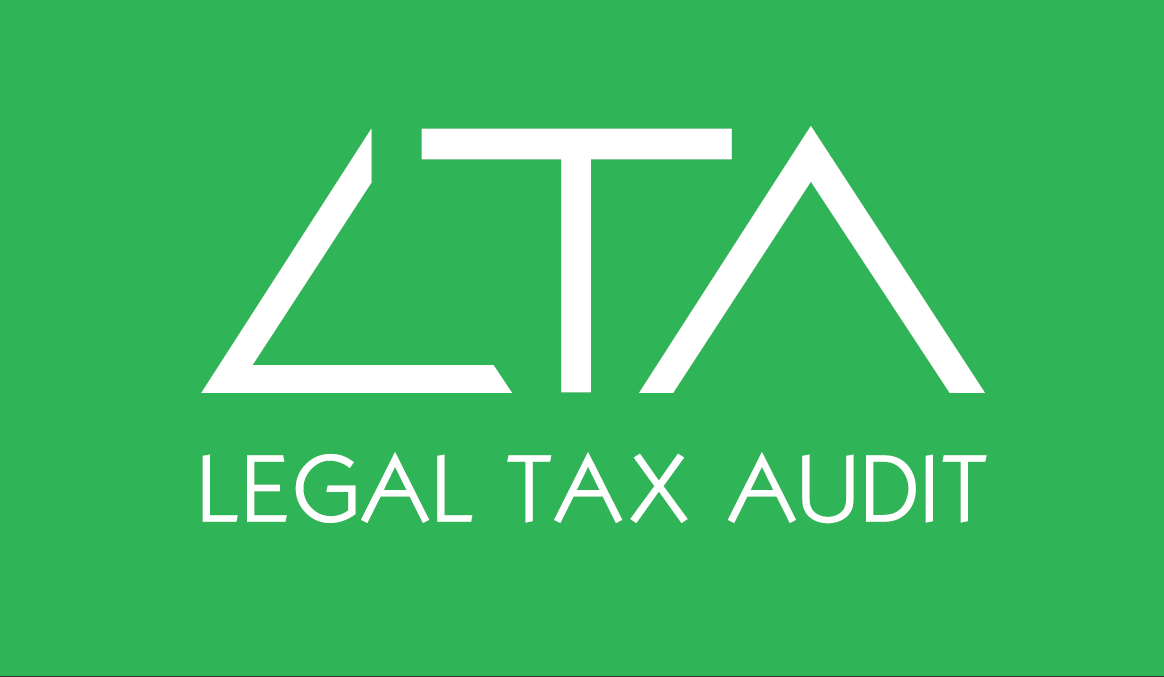On 28 November 2017, the European Court of Human Rights ruled that a university in Montenegro had no right to monitor lectures given by teachers employed by the university through camera systems placed in lecture rooms and that such monitoring violated the privacy of teachers employed by the university.
What happened?
The Dean of the Faculty of Math announced at a meeting with the faculty that lecture rooms would be under camera surveillance. Three weeks later, the Dean announced in writing that seven amphitheatres and the space in front of the Dean’s office will be under camera surveillance. The declared goals were the security of people (including students) and property and monitoring of lectures. The access to video recordings was granted only to the Dean and the recordings were to be saved and stored for one year (in reality, the recordings were saved only for approx. 1 month due to limited storage capacity). Employees had no access to these recordings; the Dean was able to process data obtained from the recordings without any restrictions.
The teachers filed successful complaints with the local personal data protection office which ruled in their favour, stating, among other things, that there was no evidence that property or people were under any threat and that monitoring of lectures does not constitute a sufficient reason for surveillance. Taking into account the current position of the Czech Office for Personal Data Protection, the decision would probably be similar in the Czech Republic. The teachers subsequently claimed damages for violation of privacy.
Legal analysis
The university teachers were not successful before Montenegro courts which ruled that teaching in a lecture room does not qualify as private life. A teacher is never alone in the lecture room and therefore, according to Montenegro courts, camera surveillance cannot be deemed a violation of privacy.
The European Court of Human Rights on the other hand based its ruling on the fact that the right to privacy also includes a right to „private social life‘‘, i.e. a creation of one’s own social identity when meeting others in order to build up social relationships.
According to the European Court of Human Rights, professional life provides most people with the best opportunities to develop relationships with others and it is not always possible to distinguish which activities fall within the scope of professional life and which are outside it. Lecture rooms serve as a workplace for teachers, where they not only teach students but also build relationships with them and create their own social identity. Therefore, the court is of the opinion that teachers could reasonably expect that their privacy will be respected and protected.
The Court confirmed that any surveillance of an employee at the workplace is to be deemed a violation of privacy and therefore, it is always necessary to assess whether it serves a legitimate purpose and whether it is necessary in a democratic society in order to achieve this purpose.
In this case, the law of Montenegro expressly defined conditions under which camera surveillance was permissible and these conditions were not met. The installation of the camera system was therefore unlawful as such.
Dissenting opinion
It shall be noted that the Court’s ruling was adopted by four votes against three. The three dissenting judges have taken the standpoint that the Court has extended the right to privacy too far. They argue that since only video recordings were taken with no audio track, lectures and discussions were not actually recorded. Moreover, the pictures were so blurred that it was not possible to easily identify individuals and the recordings could be accessed only by the Dean and were not used in any other way. The dissenting vote of the three judges emphasised that the complaint was filed by university teachers who perform their professional activities in quasi-public surroundings. As the teachers have been informed of the surveillance, the dissenting judges argue that the teachers must have had only very limited expectations that their privacy would be protected.
Czech regulation
Under the Czech Labour Code, employers may not disturb employees’ privacy at the workplace by subjecting them to open or hidden surveillance, unless there are serious grounds for such surveillance. If there are such grounds, the employer has the duty to inform employees beforehand on the scope of the surveillance and the means of surveillance used. Other restrictions on processing of any recordings arise out of the Personal Data Protection Act as well as the General Data Protection Regulation (GDPR), which will take force in May 2018.
In order to decide whether using a camera system is necessary, it must be assessed what purpose it will serve, whether such purpose is legitimate and whether it cannot be achieved by less invasive means (i.e. whether there are sufficiently serious grounds for such surveillance). If video recordings are required, it is necessary to make best efforts to limit possible violations of the employees’ privacy to a minimum. At the same time, the employees must be demonstrably informed of all important circumstances concerning the processing of their data in connection with the surveillance.
Since the beginning of this year, the Labour Inspection has been supervising the protection of employees’ privacy and should it identify any violations, it may impose a fine of up to CZK 1 million. Further fines for unlawful processing of personal data may be imposed by the Office for Personal Data Protection.



 Čeština
Čeština Deutsch
Deutsch